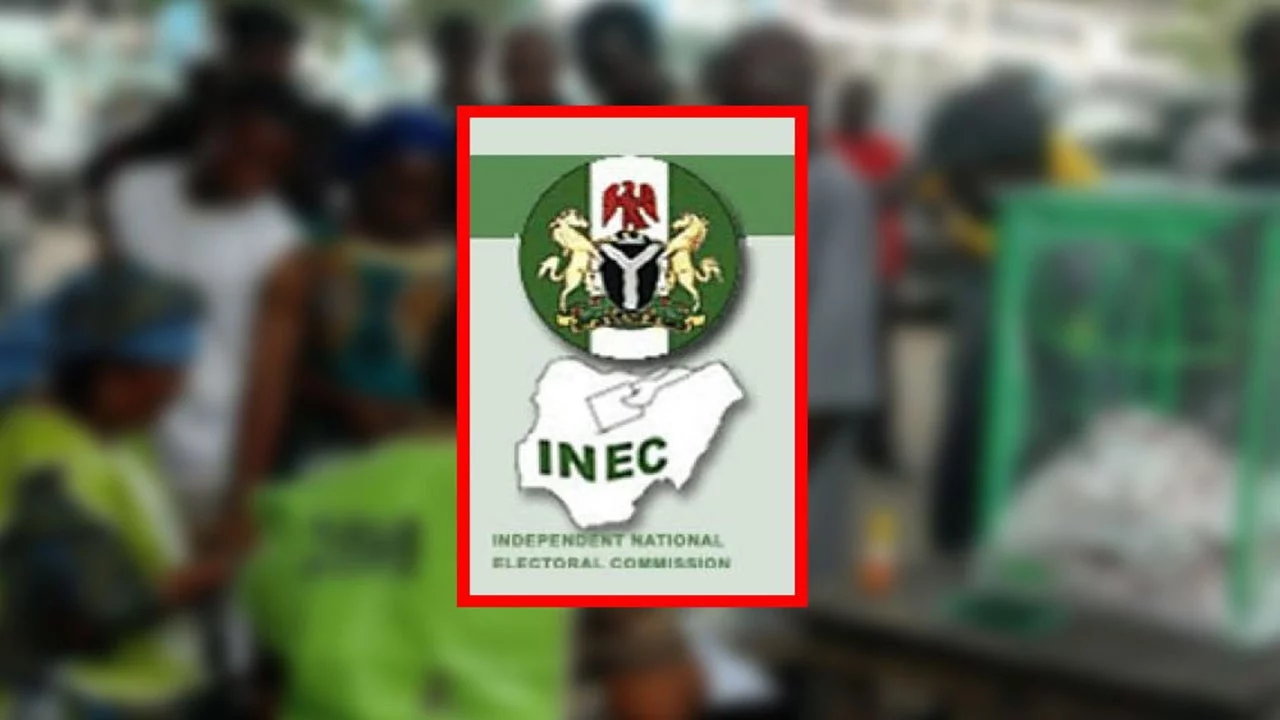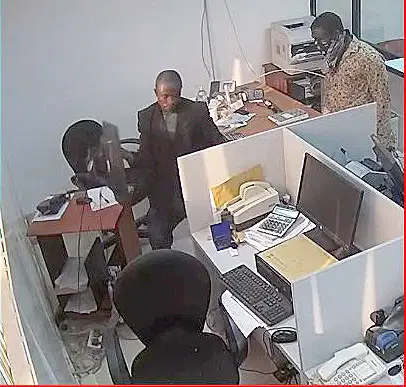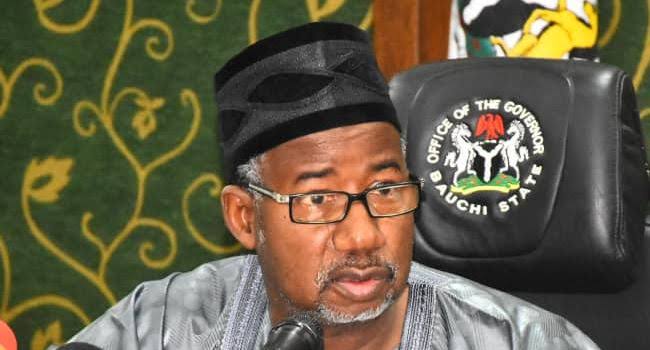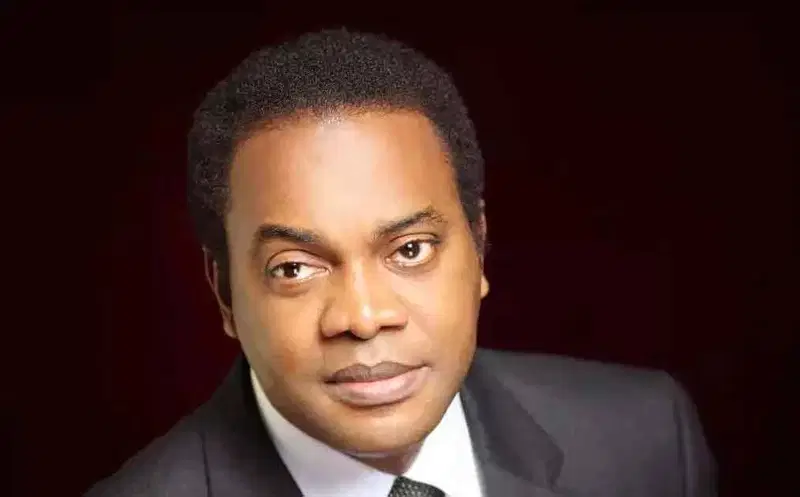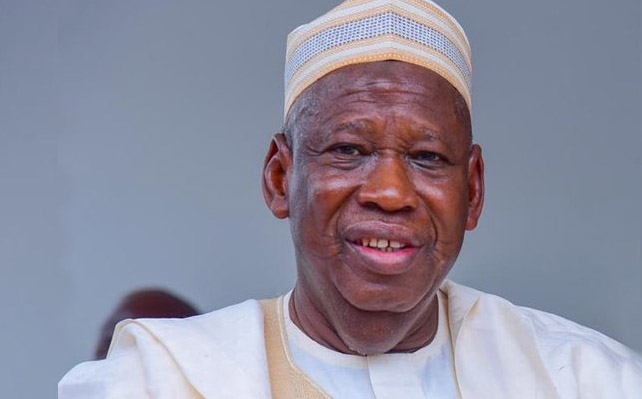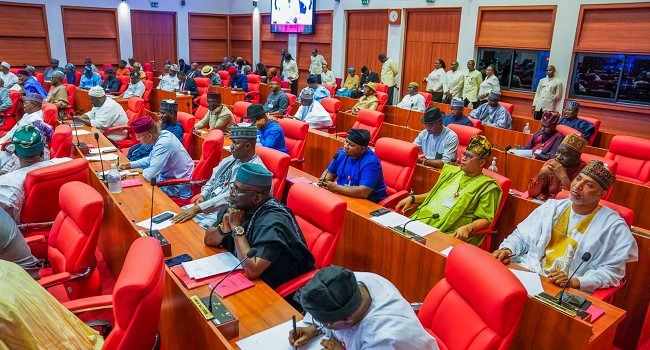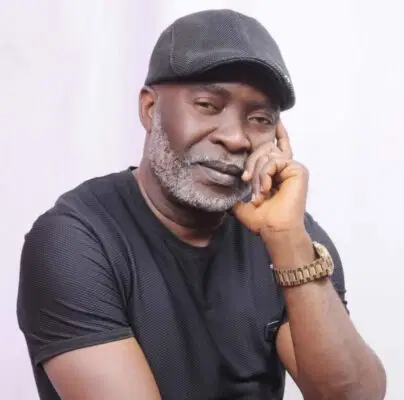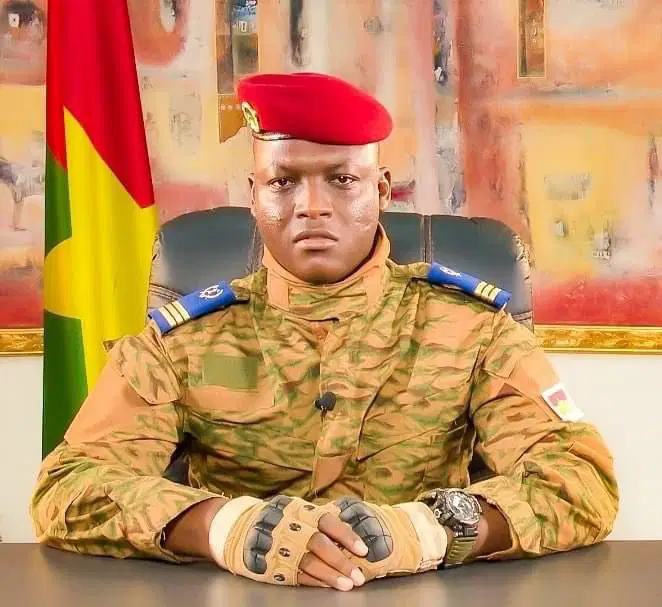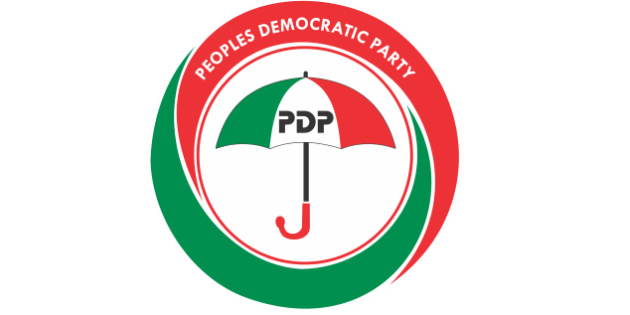News
Before We Create Anioma: The South-East deserves Justice first
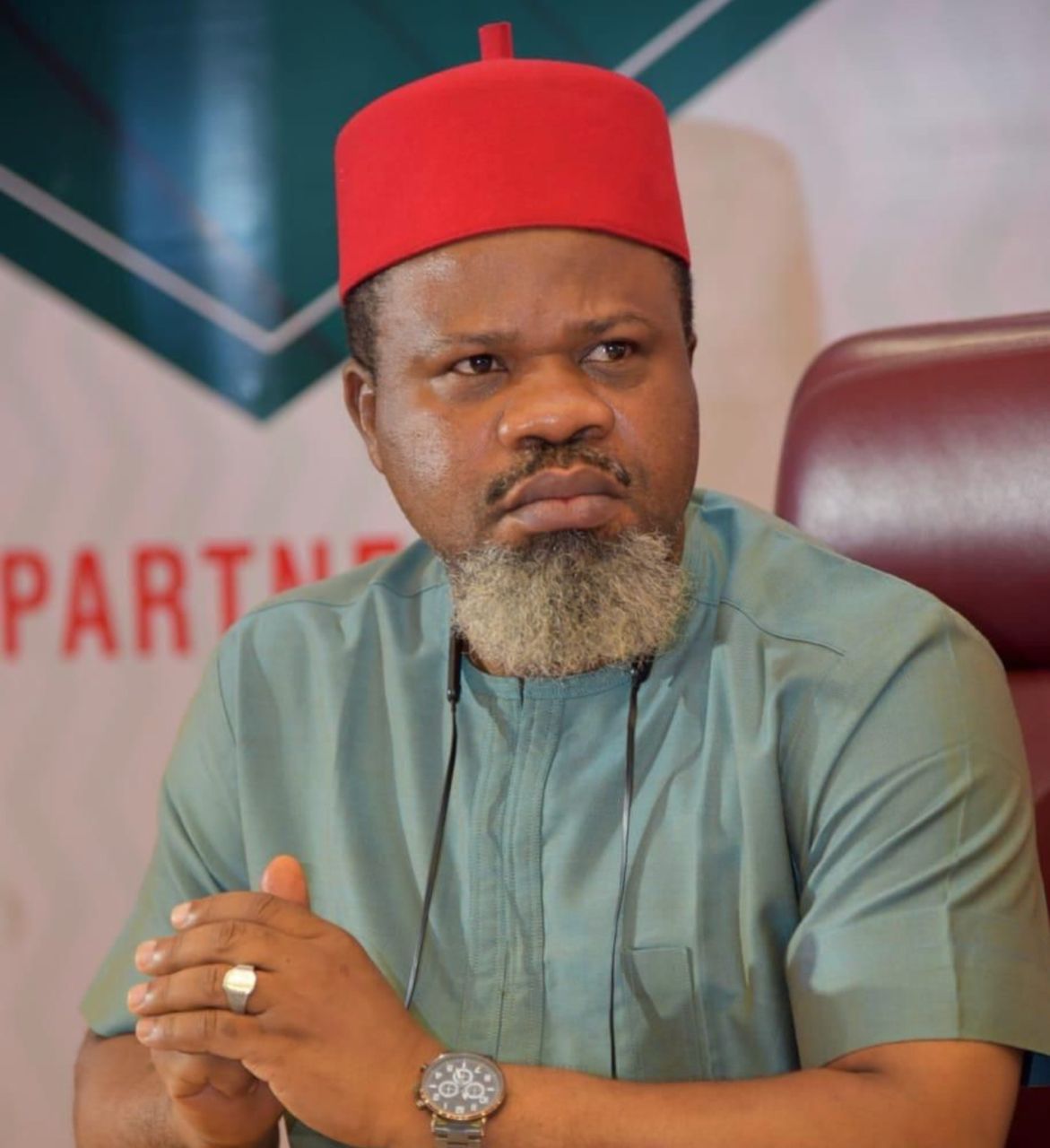
By Christopher Isiguzo
Nigeria has never been short of conversations about state creation. Every few years, new agitations rise from one corner of the country or another, demanding recognition, representation, and a sense of belonging.
It’s a familiar song in our national orchestra , sometimes loud, sometimes muted, but always persistent.
Today, the melody has returned, this time from the Delta North Senatorial District of Delta State, the proud home of the Anioma people where calls for the creation of Anioma State have once again gathered momentum.
On the surface, the argument sounds compelling. The Anioma people, spread across nine local government areas:-Ika North East, Ika South, Aniocha North, Aniocha South, Oshimili North, Oshimili South, Ukwuani, Ndokwa East, and Ndokwa West share deep linguistic, cultural, and historical ties with the Igbo people of the South-East. They see themselves as part of that great heritage, separated only by a colonial boundary line and a political designation that placed them within the South-South geopolitical zone.
To them, the demand for Anioma State is not just political; it is cultural. It is about identity, belonging, and the yearning to reclaim a heritage that time and politics have blurred.
But noble as that aspiration may sound, it raises a question that Nigeria cannot afford to ignore; a question of fairness, balance, and national conscience:
At what cost will Anioma State be created, and at whose expense will justice be deferred yet again?
Nigeria’s geopolitical equation, as it stands today, is far from balanced. The North-West has seven states:- Kano, Kaduna, Katsina, Kebbi, Jigawa, Sokoto, and Zamfara.
The North-East, North-Central, South-West, and South-South zones each have six states.
But the South-East, with its proud and historic people, has only five: Abia, Anambra, Ebonyi, Enugu, and Imo.
This single gap, just one missing state might appear trivial on the surface. But in the politics of representation, in the arithmetic of appointments, in the mathematics of resource allocation, and in the perception of inclusion, it makes all the difference.
The South-East’s shortfall means fewer senators, fewer representatives, fewer ministers, fewer local governments, and by extension, less voice in the national conversation. It means structural underrepresentation in every national decision-making process that depends on federal spread.
For years, the South-East has lived with this burden, a silent inequality that successive governments have acknowledged but never corrected. Every constitutional review committee, from 1999 to date, has admitted that the South-East deserves a sixth state. Yet, every effort to achieve it has ended in political foot-dragging and bureaucratic half-measures.
So, when talk of creating Anioma State resurfaces, not from the South-East but from the South-South, it becomes not just a matter of geography, it becomes a matter of justice.
Let’s not lose sight of the fact that if Anioma State is created from Delta, it will remain in the South-South zone. There is no provision in the Constitution that allows a new state to jump geopolitical boundaries or realign zones based on ethnic identity.
Therefore, even if the Anioma people are culturally Igbo, politically and administratively they will continue to belong to the South-South. That means the South-South, already with six states, will gain a seventh, while the South-East will remain with five.
This is where emotion must give way to reason. How can we justify increasing the number of states in an already balanced region while another continues to suffer structural underrepresentation?
What becomes of our constant talk about equity, justice, and fair play?
How do we explain to the millions of South-Easterners, men and women who have felt politically shortchanged since 1999, that once again, the call for fairness will bypass them in favor of political convenience?
If Nigeria truly desires national balance, the next state to be created must emerge from the South-East. Anything else is a betrayal of equity.
This isn’t the first time Nigeria has been confronted with this dilemma.
In 1967, when General Yakubu Gowon created the first twelve states, it was to end the fear of domination and bring governance closer to the people. In 1976, General Murtala Mohammed expanded the federation to nineteen states, largely to ensure regional balance. By 1987 and 1991, when Babangida created Akwa Ibom, Katsina, and later, new states including Delta and Anambra, the guiding principle was even representation across geopolitical lines.
The framers of these decisions understood something we seem to have forgotten; that no country can thrive when sections of its people feel structurally excluded.
That is why, despite our differences, Nigeria’s six geopolitical zones were designed to maintain relative equilibrium.
Tampering with that balance — by giving the South-South a seventh state while the South-East remains at five is to undo decades of delicate federal engineering.
The agitation for Anioma is not inherently wrong. It is born out of pride, culture, and the legitimate desire for identity. But it must also submit to the higher principle of national fairness.
If Anioma becomes a state today, the South-East’s cry for inclusion will become even harder to answer. The imbalance will grow deeper, the sense of alienation stronger, and the wound of injustice wider.
It will send a dangerous message, that in Nigeria, the louder you shout or the stronger your political connections, the more likely your demand will be met, no matter what it costs the rest of the country.
That is not justice; that is politics without conscience.
Some advocates of Anioma statehood argue that it would symbolically “return” the Igbo-speaking people of Delta North to their ethnic roots.
But that argument is built on emotional sentiment, not structural sense.
A new Anioma State would not expand the political strength of the Igbo nation. Instead, it would further split it, creating yet another state outside the South-East geopolitical bloc. The result would be even less cohesion in representation and more dilution of the collective Igbo voice.
In other words, while Anioma may celebrate cultural victory, the South-East will continue to suffer political defeat.
The truth is stark: Anioma State would not strengthen Igbo identity; it would weaken it.
Nigeria cannot continue to pretend that all zones are equal when one remains structurally smaller.
How do we preach unity when fairness is negotiable?
How do we build patriotism when entire regions feel permanently shortchanged by design?
Every nation thrives on the perception of justice. People must see that the system recognizes their existence, their worth, their contribution. For the South-East, that recognition has been delayed for too long.
The answer to that injustice is not another state in the South-South. It is a sixth state in the South-East.
Before we create new states elsewhere, let us fix what is broken. Before we add to the strong, let us strengthen the weak.
That is the only path to true federal balance.
When issues like this are discussed, it’s easy to drown in the technicalities — numbers, maps, boundaries. But at the heart of it are people: ordinary Nigerians who feel invisible in their own country.
Ask a young person in Abia or Ebonyi how it feels to watch other regions enjoy more federal attention, more roads, more projects, more appointments. Ask them how it feels to see six or seven governors meet in other zones to discuss shared progress, while theirs stops at five.
This isn’t just politics — it’s human dignity. Representation matters. Presence matters. Equality matters.
The South-East has given Nigeria its best minds, its strongest entrepreneurs, its most resilient patriots. Yet, in the architecture of statehood, it remains incomplete.
Creating Anioma State now would be like building a new wing on a mansion while one corner of the foundation is still cracking.
Nigeria is at a fragile point. Trust in government is thin, and national unity is often stretched. Every decision we make now must heal, not harm; must unite, not divide.
Creating Anioma State as tempting as it may seem, politically would tilt the federation further off balance. It would embolden other zones to demand new states before existing inequities are corrected. The North-West might seek an eighth. The South-West could push for seven. Where would it end?
Equity is not about satisfying everyone at once; it’s about establishing justice first, then expansion later.
Let us be guided by conscience, not convenience.
Before we add to the South-South, let us complete the South-East.
Before we reward new agitations, let us resolve old ones.
The Anioma cause is not without merit, but it must wait its turn. Justice delayed for the South-East cannot be denied again under the guise of cultural inclusion.
Nigeria’s greatness will not come from the number of its states, but from the fairness of its structure.
Until every region stands on equal ground, no region truly stands tall.
Justice is not a favor; it is a right. And fairness is not a privilege to be granted, it is a principle to be upheld.
Before we create Anioma, let us ask ourselves one question:
Will this decision bring Nigeria closer to balance, or will it deepen the cracks of inequality that already threaten her foundation?
The answer is clear.
Anioma can wait.
But justice for the South-East cannot.
Christopher Isiguzo
[email protected]
-
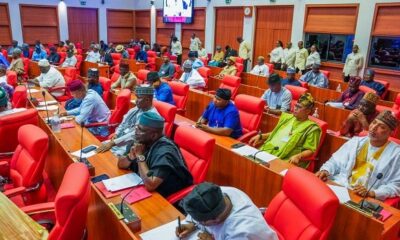
 National News2 days ago
National News2 days agoSenators lament funding shortfalls, warn of budget implementation crisis
-
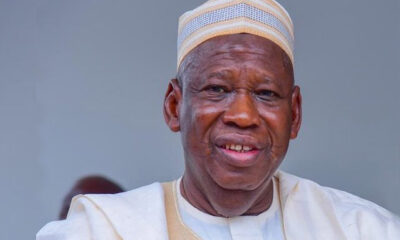
 News2 days ago
News2 days ago2027: North will stand with Tinubu, claims of defection are a big mistake — Ganduje
-
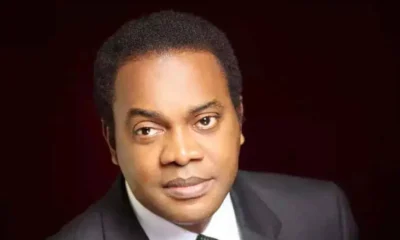
 News2 days ago
News2 days agoDonald Duke dumps PDP for ADC, gets membership card in Calabar
-
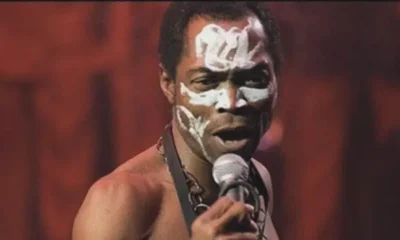
 News2 days ago
News2 days agoFela Kuti to receive posthumous lifetime achievement Grammy Award, first for an African musician
-
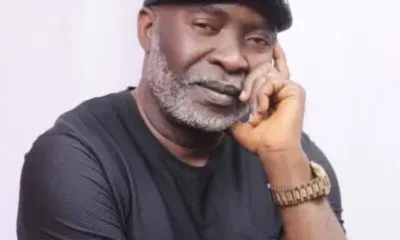
 News2 days ago
News2 days agoNollywood Actor Stanley Amandi arrested over alleged coup plot against Tinubu
-
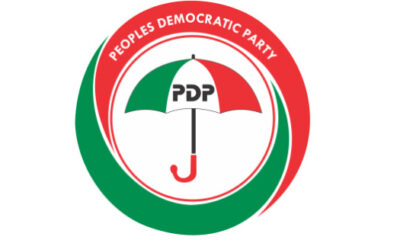
 News2 days ago
News2 days agoPDP affirms Turaki-Led leadership after Ibadan Court declines mandamus order
-

 News2 days ago
News2 days agoOver 160 ECWA Members held hostage across Kaduna, Kogi, Church raises alarm over rising insecurity
-
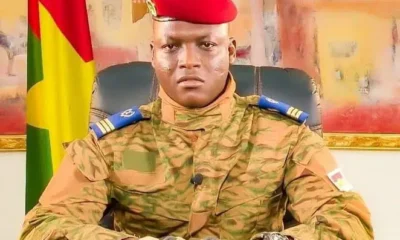
 News2 days ago
News2 days agoBurkina Faso Military Govt dissolves all political parties amid transitional shake-up

